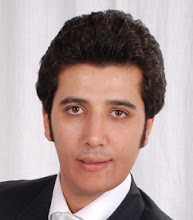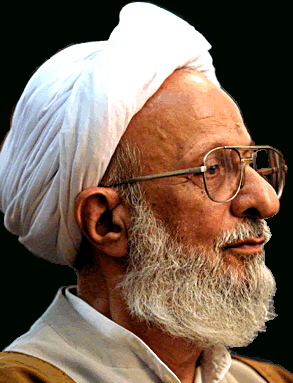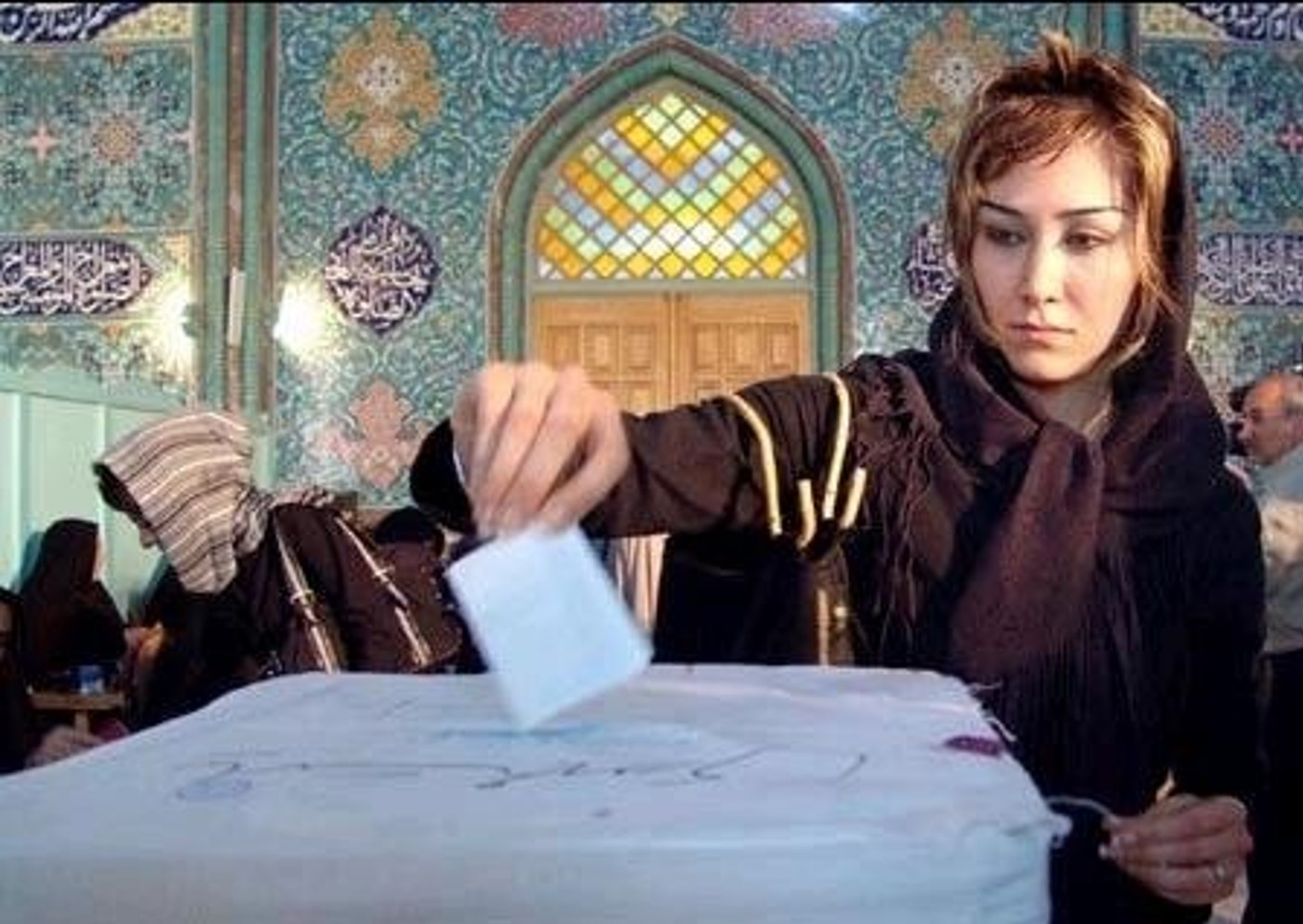 With the run off elections held last Friday, the dossier of the run off elections for the eight Majlis (Iran’s Parliament) is closed. According to the final results, Elias Naderan, Laleh Eftekhari, Mehdi Kutchakzadeh, ALireza Zakani, Ali Asghar Zarei, Tabibeh Safayi, Parviz Sarvari, Hamid Rasayi, Hossein Fadayi Ashtiani, Zohreh Elahian were among the Principalists (as the ideologues supporting the President are called) in Tehran who found their way to the legislative body. Alireza Mahjoob was the only reformist candidate along with the 22 others from the first round of elections who won a seat in the Majlis. According to Aftab news website of the 25 million potential voters in these elections, less than 15 percent actually cast their ballots.
With the run off elections held last Friday, the dossier of the run off elections for the eight Majlis (Iran’s Parliament) is closed. According to the final results, Elias Naderan, Laleh Eftekhari, Mehdi Kutchakzadeh, ALireza Zakani, Ali Asghar Zarei, Tabibeh Safayi, Parviz Sarvari, Hamid Rasayi, Hossein Fadayi Ashtiani, Zohreh Elahian were among the Principalists (as the ideologues supporting the President are called) in Tehran who found their way to the legislative body. Alireza Mahjoob was the only reformist candidate along with the 22 others from the first round of elections who won a seat in the Majlis. According to Aftab news website of the 25 million potential voters in these elections, less than 15 percent actually cast their ballots.An analysis published on Raja news site which is close to President Ahmadinejad claimed the results to be not just a victory of the conservatists over the reformers, but also a victory of pro-government conservatists over critical conservatists who had supported Rezayi, Qalibaf and Larijani in the first round of elections on March 14, 2008.
Yesterday Mostafa Pourmohammadi who lost his cabinet post because of the first round of Majlis elections on March 14, 2008, spoke to reporters about his views on the elections. “287 Majlis seats have been finalized of which about 69 percent belong to those that known as the Principalists (conservatist ideologues), 16.38 percent belong to the reformists and the remaining 14.29 percent are independents,” he said.
While a number of sites wrote about the “absolute defeat” for the reformists, Seyed Safdar Hosseini, the head of the provincial committee of the reformist’s coalition spoke of a “categorical victory” of the reformists in the run off elections. Without providing any statistics for Tehran, he said, “We succeeded in winning categorically in many provinces and towns and sending Messer Ansari from Zanjan, Torabifrom Shahr Kord, Alipour from Lordegan, Kaabi from Abadan, Nasiripour from Sarab and Shooshtari from Ghoochan, among others, to the eight Majlis and the final results for these will be announced subsequently. Of the remaining 28 seats for the reformers during the run off elections of April 25, 2008, 15 candidates have so far won seats in the provinces and will thus go to the Majlis.”
In a related news, Masood Soltanifar, an officer in the Etemad Melli (National Trust) party elections campaign told ISNA student news agency, “Two thirds of the candidates put forward by Etemad Melli which account for 16 individuals from amongst 24, have found their way to the Majlis. They are from the election districts of Chaloos and Nowshahr, Yazd, Zanjan, Lordegan, Bandar Torkaman and Kordkui, Kermanshah, Zanjan, Sarab, Mianeh, Ghoochan, Abadeh, Gonbad Kawoos, Shiraz, Sanandaj, Tabriz and Shahre Kord in which they won majority votes.”
The first round of elections was held on March 14 and was followed by serious accusations and complaints of “extensive rigging” announced by reform candidates. Two senior clerics in the Islamic Republic (khatami and karubi)even filed official complaints to the head of the Guardians Council that oversees and supervises all national elections and requested recounts. While their request was ignored, Mehdi Karubi requested that the Ministry of the Interior take greater care should be taken in the counting of votes for the run off elections that were held on April 25th, 2008. Mr. Pourmohammadi from the ministry had responded that “Mr. Karubi can sleep tight” as he was certain the elections would be held with full integrity. Still Aftab news website reported that during the ballot counting the Reformers’ Elections Campaign had called the results “wary”.














